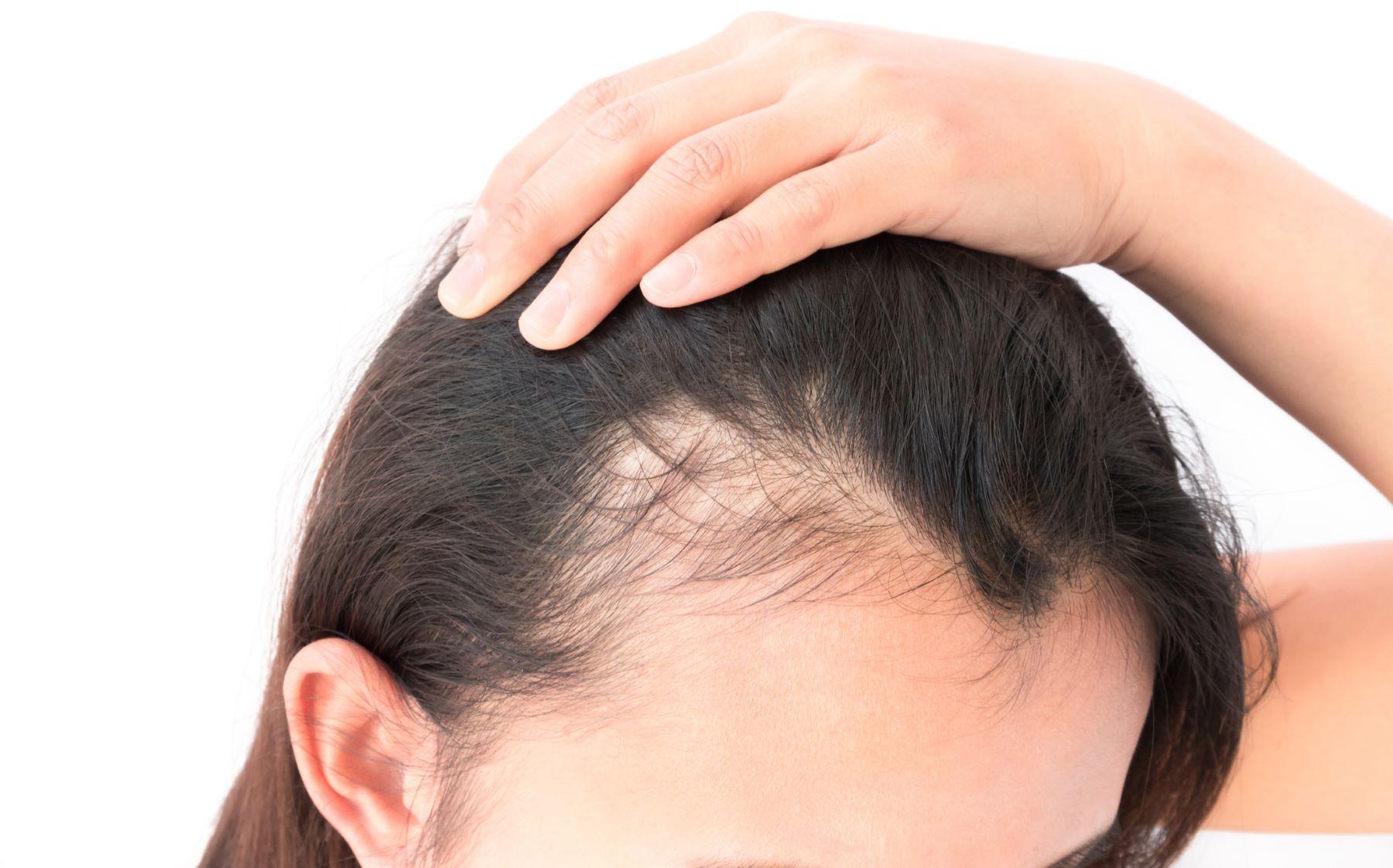The Science Behind Hair Fall: Understanding the Causes

Hair fall is a common concern that affects millions of people worldwide. While it's normal to lose between 50 to 100 hairs per day, experiencing excessive shedding or noticeable thinning can be distressing. Understanding the Hair Fall Reason Explained is the first step toward finding an effective solution. From genetics to lifestyle habits, here’s a breakdown of the key factors that contribute to hair loss.
Visit Site: WaykUp
1. Genetic Predisposition (Androgenetic Alopecia)
This is the most common cause of hair loss, often referred to as male-pattern or female-pattern baldness. It is a hereditary condition that occurs with aging. In men, it typically begins as a receding hairline or bald spots on the crown. In women, it presents as a general thinning of the hair, with a widening of the part. This type of hair loss is gradual and predictable.
2. Hormonal Changes and Medical Conditions
Hormonal imbalances can significantly disrupt the hair growth cycle. These changes can be triggered by:
- Pregnancy and childbirth: Many women experience temporary hair loss a few months after giving birth due to a drop in estrogen levels.
- Menopause: Hormonal shifts during menopause can also lead to hair thinning.
- Thyroid problems: Both an overactive and underactive thyroid can contribute to hair loss.
- Alopecia areata: This is an autoimmune disease where the body's immune system mistakenly attacks hair follicles, causing sudden, patchy hair loss.
3. Stressful Events
Many people notice an increase in hair fall several months after a major physical or emotional shock. This condition is called Telogen Effluvium. It can be triggered by events like surgery, a severe illness (such as COVID-19), significant weight loss, or the death of a loved one. This type of hair loss is usually temporary, and normal hair growth typically resumes once the body recovers from the stressor.
4. Nutritional Deficiencies
A diet lacking essential nutrients can weaken hair follicles and lead to shedding. Key nutrients for hair health include:
- Iron: Iron deficiency (anemia) is a common cause of hair loss, especially in women.
- Zinc and Biotin: Deficiencies in these vitamins and minerals can also affect hair quality and growth.
- Protein: Protein is the building block of hair, and an inadequate intake can result in hair thinning.
5. Hairstyles and Hair Treatments
Putting excessive stress on your hair can lead to a type of hair loss called traction alopecia. This is often caused by tight hairstyles like braids, ponytails, or cornrows that constantly pull on the hair follicles. Additionally, using harsh chemical treatments, excessive heat styling, and frequent dyeing can damage the hair shaft, making it weak and prone to breakage.
If you are experiencing persistent hair fall, it is advisable to consult a healthcare professional. They can help identify the exact cause and recommend the right course of action, which may include dietary changes, medication, or lifestyle adjustments. By understanding the reasons behind hair fall, you can take proactive steps to maintain the health and strength of your hair.
Read Also:
- Art
- Causes
- Crafts
- Dance
- Drinks
- Film
- Fitness
- Food
- Jogos
- Gardening
- Health
- Início
- Literature
- Music
- Networking
- Outro
- Party
- Religion
- Shopping
- Sports
- Theater
- Wellness


